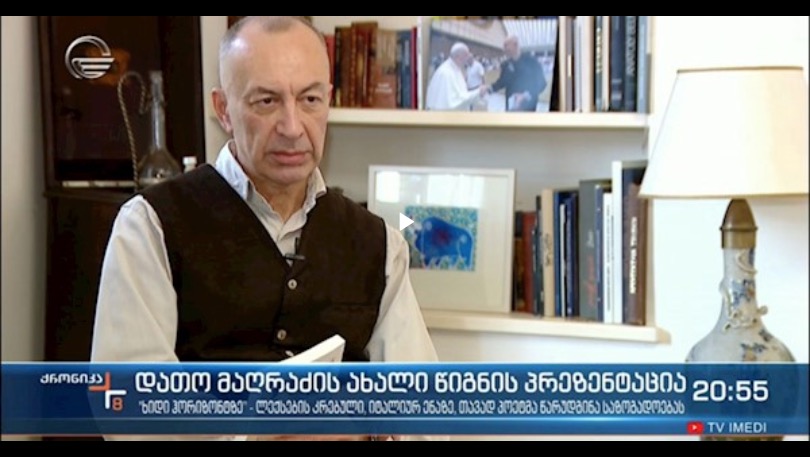From Prometheus to Antigone - the dream of a poet-photographer
When Mussorgsky wrote the music for his Pictures for an Exhibition, inspired by the drawings of his friend, the architect and artist Hartmann, who had just died, it was still during the Tsarist era and The Great Gate of Kiev perhaps offered him the opportunity to exalt in triumphant tones the ancient glory of Great Russia, of which Kiev, today the tragic heart of Ukraine, was then a part. Now Russian history seems to violently want to retrace its imperial steps, but this is certainly not the sense in which Roberto Mosi - a poet and photographer of the soul as well - recently wanted to reread that image. He certainly re-proposes it to us in a metaphorical key, as he makes us listen again to Ravel's magical version of 1929, which was followed by Kandinsky's delightful "figurines" aimed at representing the synaesthetic conception of the arts. The theme is in fact also dear to our poet, who has nevertheless chosen a courageous path: tracing the movements of the work, he wants to accompany us, with sweet obstinacy, towards the door of hope and trust in human creativity and in the cognitive progress that science definitely brings. In this way we pass through the most unusual images and subliminal messages of a city where, even in the midst of a pandemic crisis and behind masks, art is still alive (starting with the poor and contemporary art of the "murales", counterpointed by the archaeological discovery of the primitive art of graffiti), Roberto-Prometeo thus arrives at the "dream of the great Gateway to the River/Open to the Myth of Science, in a route - imaginatively painted with the colours and music of the street artists - that looks towards the hills of Arcetri to prepare an ideal dialogue with Galileo "on the destiny of the planets and the stars"... Or rather, on the destiny of humanity itself.




